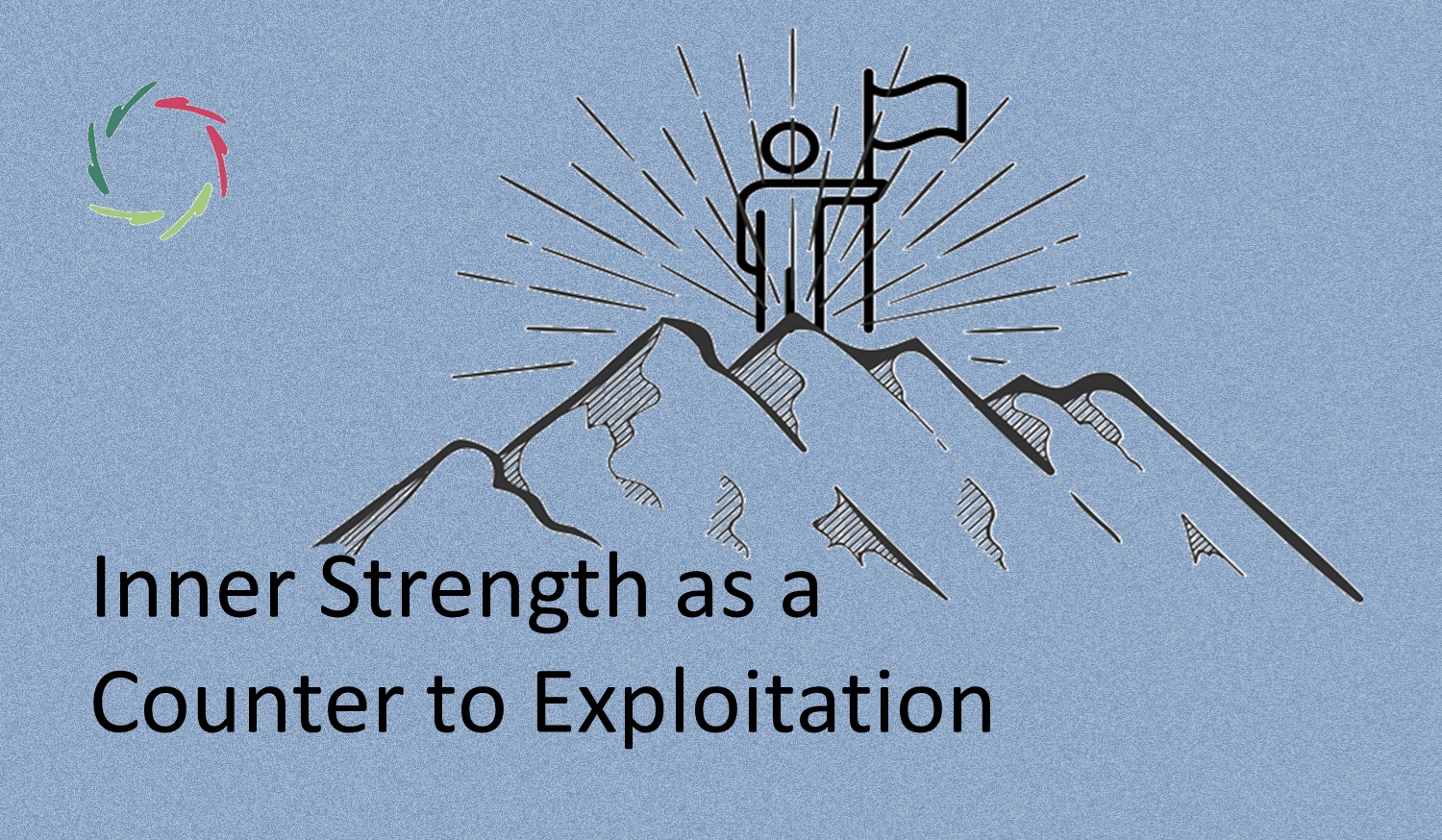The Role of Belief in Mental Change

Belief and expectations seem to play a crucial role in mental transformations, especially in mental coaching and psychotherapy, though they may merely be enablers.
In this text, ‘belief’ refers to the act of believing rather than the content of what is believed.
Toward the belief that belief is crucial.
When seeking the causes of mental change, conceptual understandings or methods add little value. The true essence of mental change lies beyond conceptual frameworks, rooted in the non-conscious mind. This has led researchers such as Jerome Frank to conclude that the belief itself (in any methodology) is the active ingredient ― turning psychotherapy into what some call a placebo phenomenon.
So, is it really all about belief?
Absence of disbelief
Disbelief prevents overly easy mental change. If change happens too quickly, a person may lose stability. Thus, disbelief serves as a protective measure, but it can be either excessive or insufficient.
Excessive protection leads to inner resistance also when proper change is needed. Conversely, disbelief can result in active denial — an unwillingness to confront challenging issues or even an overt effort to ignore, dismiss, or crush the challenge or challenger.
In any case, the absence of disbelief is necessary to ‘open the door.’ Disbelief is a firmly locked door. Note that this disbelief can be overt (in conscious awareness) or covert. Addressing covert disbelief may require subtle and patient approaches to unlock deeper potential.
Belief is not needed in the absence of disbelief.
Not the belief by itself plays a crucial role, but what occurs next at the pattern level. The active ingredient here is the overlap of patterns — pattern recognition and completion. Recognizing and completing patterns can lead to profound insights and personal breakthroughs. Essentially, the way we think privately is also how we think jointly, thus determining how we are influenced by someone who wants to help us change.
Even so, real change (the ‘pattern completion’) normally comes from the inside out. [Abnormally, it falls into the realm of brainwashing.]
If belief isn’t needed, then perhaps something else is more crucial, even at the primary stage?
A suspension of disbelief
Thus, what is needed is not so much the absence of disbelief but ensuring the doors aren’t closed. If the doors are firmly locked (by disbelief), nothing comes through.
Therefore, in a therapeutic or other mental change relationship, the primary aim is to keep the doors open. Charisma and trust are crucial in this, creating a safe space for genuine transformation.
Otherwise, nothing else will be effective.
The role of an excellent coach/therapist
This is twofold. First, a setting of ‘suspension of disbelief’ is needed. This can be achieved through a specific framework, ranging from plain voodoo to ‘science,’ depending on the social context. However, an excellent coach achieves his clients’ suspension of disbelief in a truthful way, evident in profound charisma or Compassion.
The coach’s second role lies in this, as opening the doors isn’t enough if nothing comes through.
Compassion: the royal road to wizardry
Not sorcery, of course, although it might look like such from the outside. From the inside, it’s much more interesting.
Compassion, basically, is all about complexity in a deeply ethical sense, navigating the complexities of human emotions and experiences with empathy and ethical consideration.
Effectively realizing this, a coach may be seen as an enlightened wizard, also if this wizard is Lisa.


